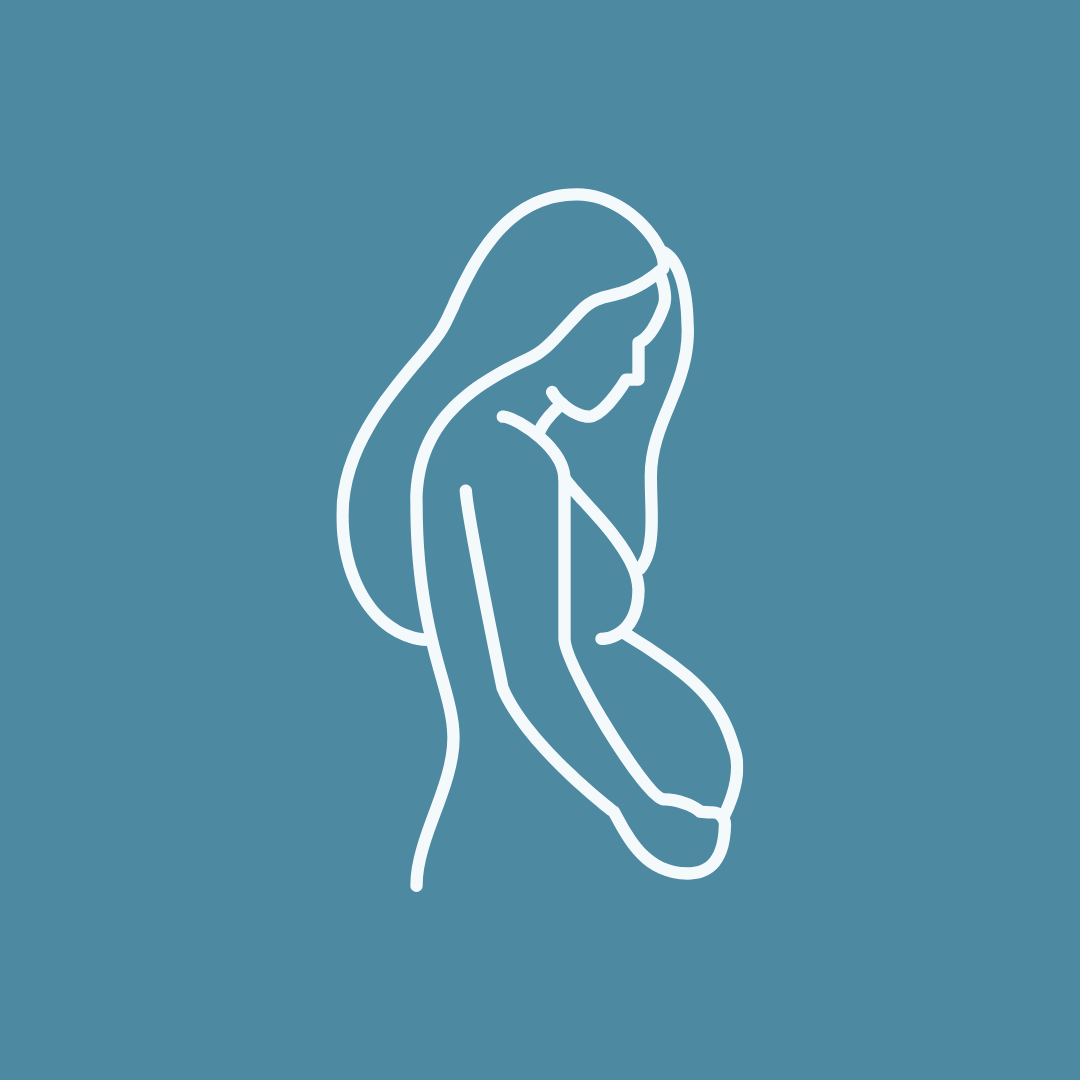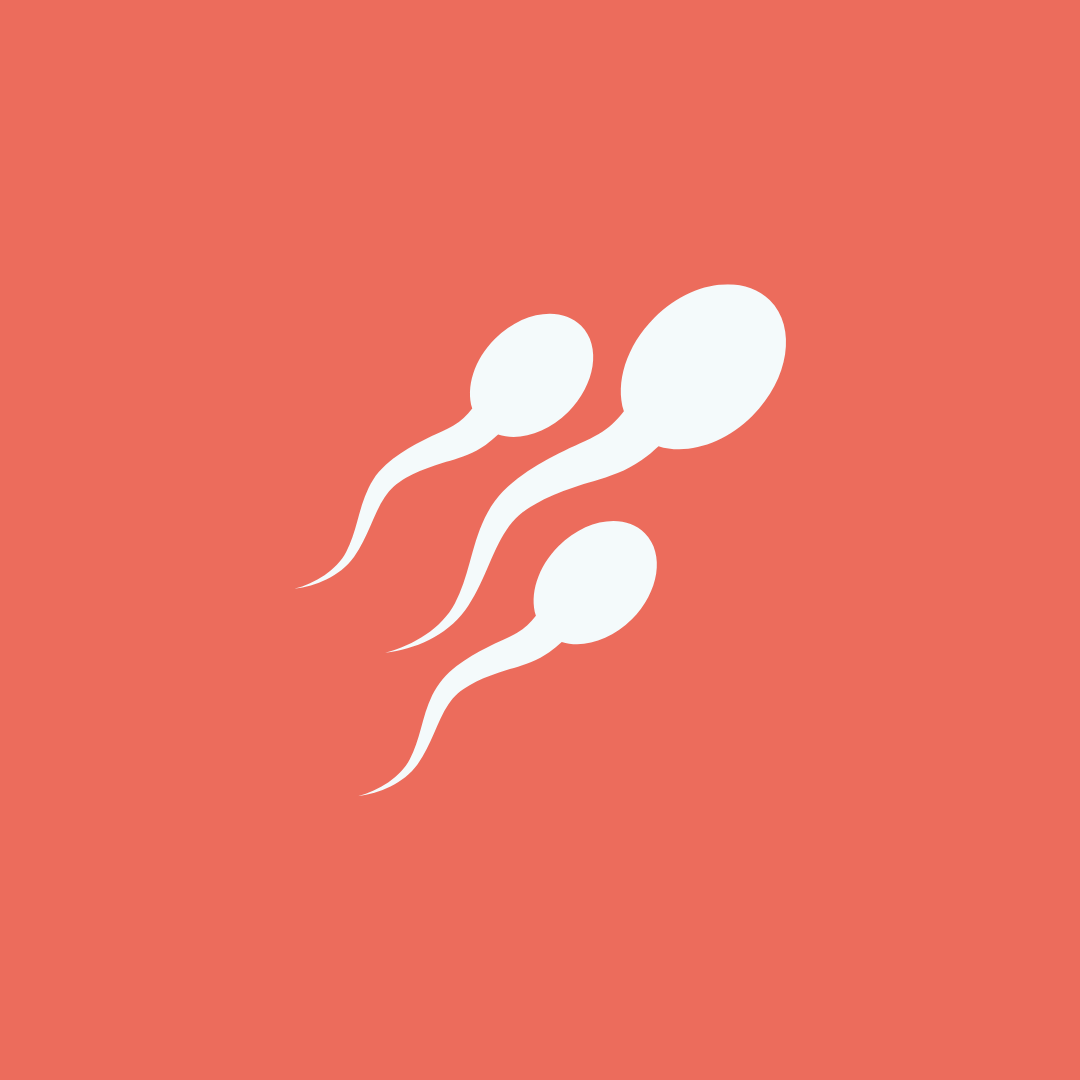
PMS Is Not "Just Normal"
“But my doctor said that my PMS is totally normal, that it’s got nothing to do with my fertility issues, that it’s just something women have to deal with.”
Sound familiar? I know I’ve heard it before.
Here’s the deal though, PMS doesn’t just magically appear out of nowhere, and it’s not insignificant. From a medical perspective, no one knows exactly what causes PMS, or exactly what to do about it. There’s no medical cure for PMS, so even though it affects millions of women, many doctors just ignore it. The suffering is “normal”.
Just because we don’t have exact answers about PMS, doesn’t mean we don’t know anything about it. First, we know that PMS is the result of hormonal dysfunction — the same hormones that control the other aspects of your reproductive system. It makes sense that if your reproductive hormones are so out of whack that you’re a starving, bloated, crampy, emotional mess or crazy lunatic once a month, that the very same hormonal dysfunction could negatively affect your ability to get and stay pregnant. As common as PMS may be, as women we know that how we feel when we’re PMSing isn’t just normal.
Second, and maybe more importantly, research suggests that levels of PMS are higher in women that suffer from infertility. Does that mean PMS causes infertility? No it doesn’t, but it’s certainly concerning. More research is definitely needed in this area, but until we have proof, we can at least say that PMS and infertility are associated.
So say you have PMS, or even PMDD, what now? In my clinical experience, and I can’t stress this enough, you’re not just stuck with it. It doesn’t have to be your normal.
PMS is a lot more than just getting moody before your period. PMS tends to affect body systems that are functioning below their optimal level. For instance, when the digestive system’s ability to turn food into nutrients and energy is compromised, you’re left with food cravings (chocolate anyone?), gas and bloating, and fatigue. If it’s the liver’s ability to smoothly metabolize hormones isn’t up to snuff, you’re stuck with breast tenderness, headaches, acne, and mood changes.
Your hormonal system is one of the most complicated systems in the body, and it’s significantly affected by factors like stress, sleep, diet, and hydration — factors that you actually have control of. That’s great news; it means that by controlling the factors that affect hormonal function, we can actually help the hormonal system stay in balance. Above all, that means getting rid of hormonal dysfunction and leaving PMS behind.
PMS shows us where we’re weakest. But you can make those weak parts strong again. Conceivable creates custom plans that help women identify and improve parts of their cycle and lifestyle that could prevent them from getting pregnant. If you’re struggling to get pregnant, and suffer from PMS, Conceivable has a plan for you.




